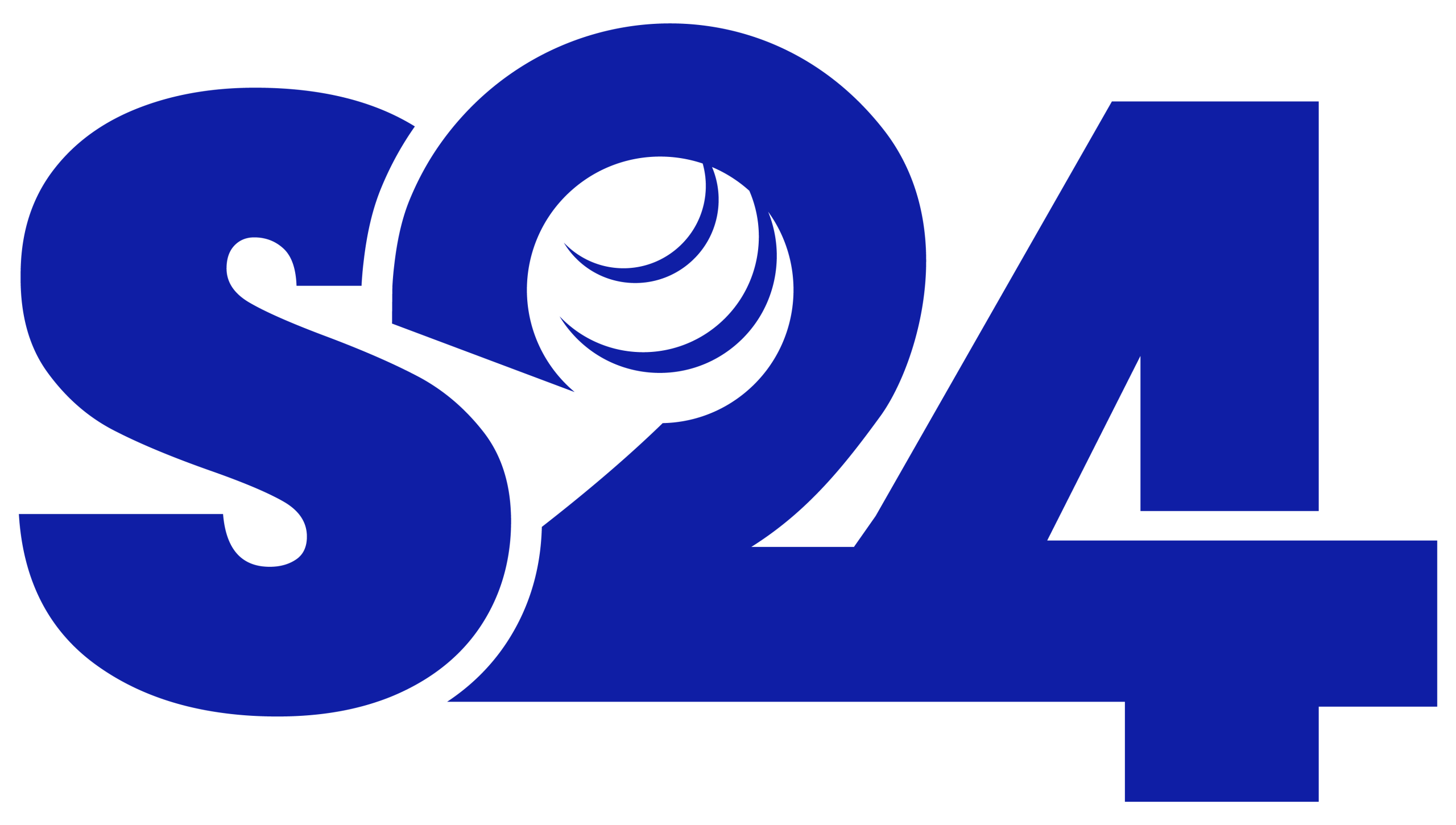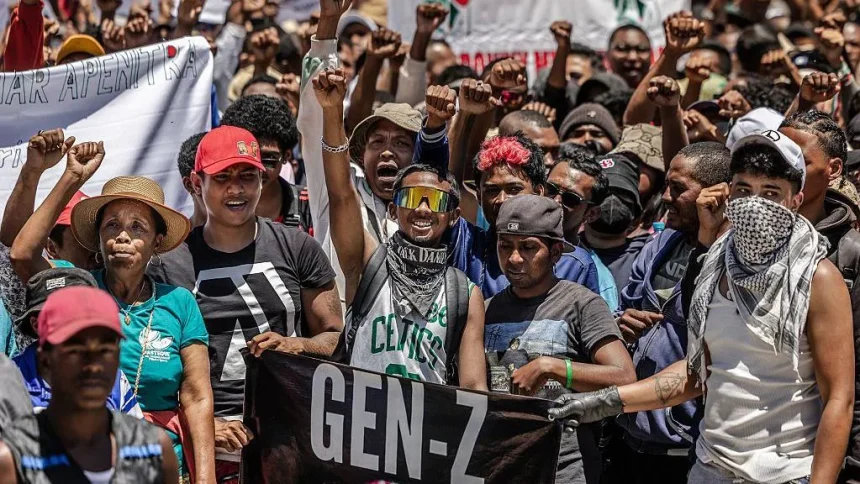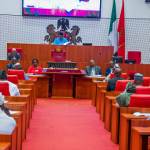Antananarivo, Madagascar, An elite military unit in Madagascar has declared it has seized power following weeks of nationwide youth-led protests sparked by worsening living conditions. The unit’s leader, Colonel Michael Randrianirina, announced the suspension of democratic institutions and the formation of a transitional government that plans to hold elections within two years.
The movement, led largely by Gen Z demonstrators, initially began over chronic electricity and water shortages but quickly escalated into broader discontent with unemployment, inflation, and allegations of corruption under President Andry Rajoelina.
Thousands of citizens took to the streets of the capital, waving flags and celebrating what they see as a long-overdue shift in leadership.
Conflicting Claims to Power
Although Madagascar’s constitutional court has backed the military’s action and named Col Randrianirina as interim leader, the president’s office has rejected the move as an “attempted coup.” President Rajoelina, once seen as a reformist figure, has reportedly gone into hiding after an alleged attempt on his life, which the military denies involvement in. Unconfirmed reports suggest he may have left the country aboard a French military aircraft.
Despite this, the president appeared via social media to address the nation and later attempted to dissolve the national assembly, a move that failed.
On Tuesday, lawmakers voted overwhelmingly to impeach him, including members of his own party. Rajoelina has dismissed the impeachment as “null and void.”
International Concern
The U.S. State Department has called for all sides to respect the constitutional process, while the African Union condemned any military interference and warned against unconstitutional changes of government. French President Emmanuel Macron described the developments as “deeply concerning.”
Background: A Nation in Crisis
Madagascar has long struggled with political instability and poverty. According to the World Bank, over 75% of its 30 million citizens live below the poverty line. The current unrest marks one of the most serious political crises since Rajoelina first came to power in 2009, backed at the time by the same CAPSAT military unit now calling for his removal.
As the country waits for clarity, tensions remain high, and the path forward, whether military-led or democratic is uncertain.





